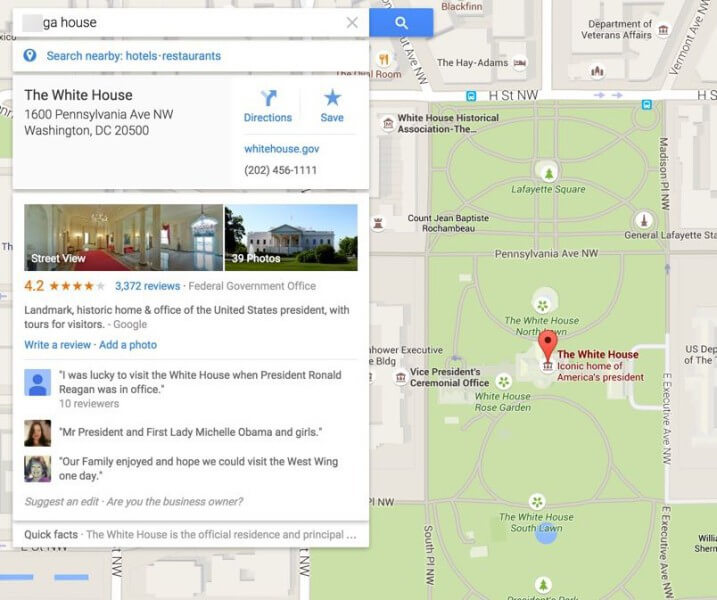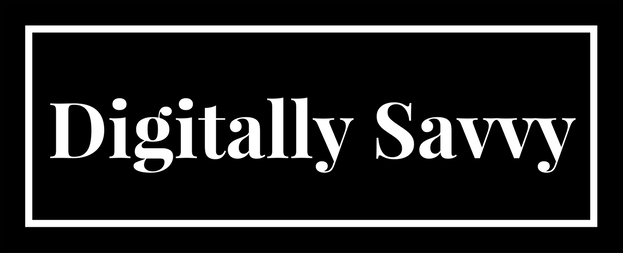Google To Correct Racist Map Listings
What’s Up: Google announced that they would be expanding the “googlebomb” feature to include map listings. This will make it harder to link inflammatory keywords to specific locations. The change was likely inspired after it recently became common knowledge that The White House was ranking #1 for “ni—a house” and searching that term lead to a map of 1600 Pennsylvania Avenue.

What Does It Mean: Businesses looking to rank for regular search queries will not be impacted by this change. Unless you’re using potentially offensive keywords expanding googlebomb should not affect your SEO strategy. This will likely get rid of relatively inoffensive things like Android mascots urinating or a marching Edward Snowden cartoon appearing in certain map searches. This is a high profile change that will have far reaching effects, however none of the changes will actually impact businesses who are not already trying to rank for controversial subjects.
Yesterday, Google released this statement addressing the issue:
“At Google, we work hard to bring people the information they are looking for, including information about the physical world through Google Maps. Our ranking systems are designed to return results that match a person’s query. For Maps, this means using content about businesses and other public places from across the web. But this week, we heard about a failure in our system—loud and clear. Certain offensive search terms were triggering unexpected maps results, typically because people had used the offensive term in online discussions of the place. This surfaced inappropriate results that users likely weren’t looking for.”
What Is Googlebomb?
Essentially, Googlebomb is a filter. It keeps search results relevant by removing potentially offensive material. The inappropriate results appearing in Google were not caused by hacking. When Google first introduced its Pidgeon Update, pages began to rank for words that frequently appeared beside their focus keyword, even if those words were not included in the page’s title tags or meta description. This meant that if a restaurant called Joe’s Burgers got enough reviews praising their chicken sandwiches, the page would eventually rank for chicken sandwiches even if those words did not actually appear there. An unintended side effect was that people good try and raise a page’s ranking by linking to random, offensive, and relatively uncompetitive keywords. Googlebomb is mechanism that detects and removes results that are frequently used in relation to the search term on internet but are crude and likely irrelevant to the search query. For example, Googblebomb was first introduced in 2007 when the search “miserable failure” was returning results for George W Bush. It is a reference to the term “google-bombing” where people would intentionally cause pages to rank for keywords irrelevant to their content.

